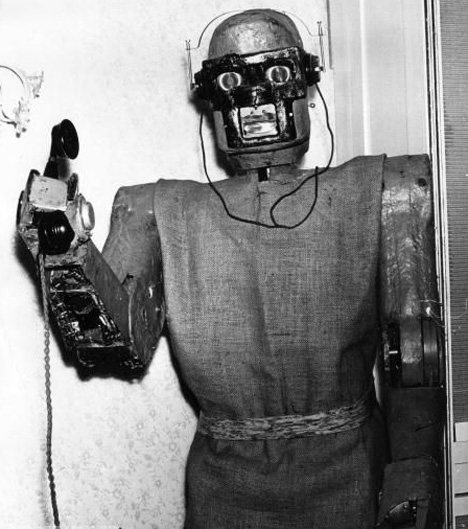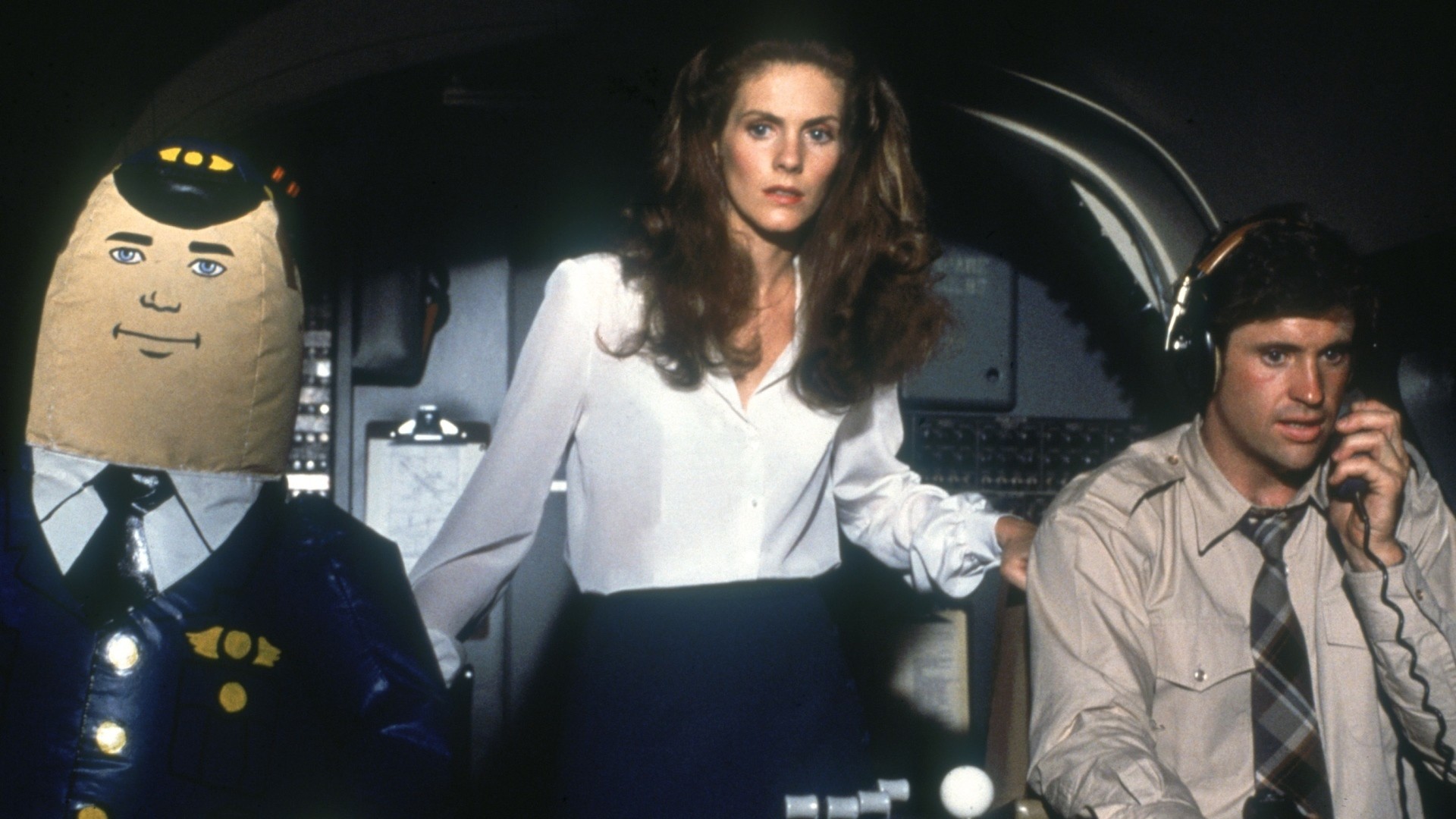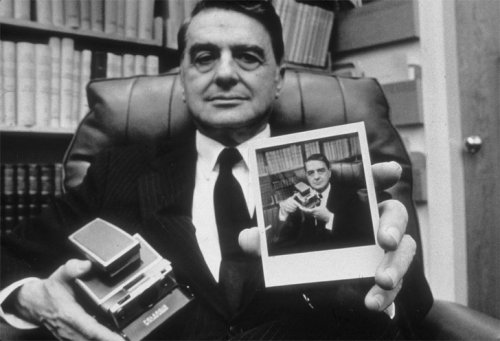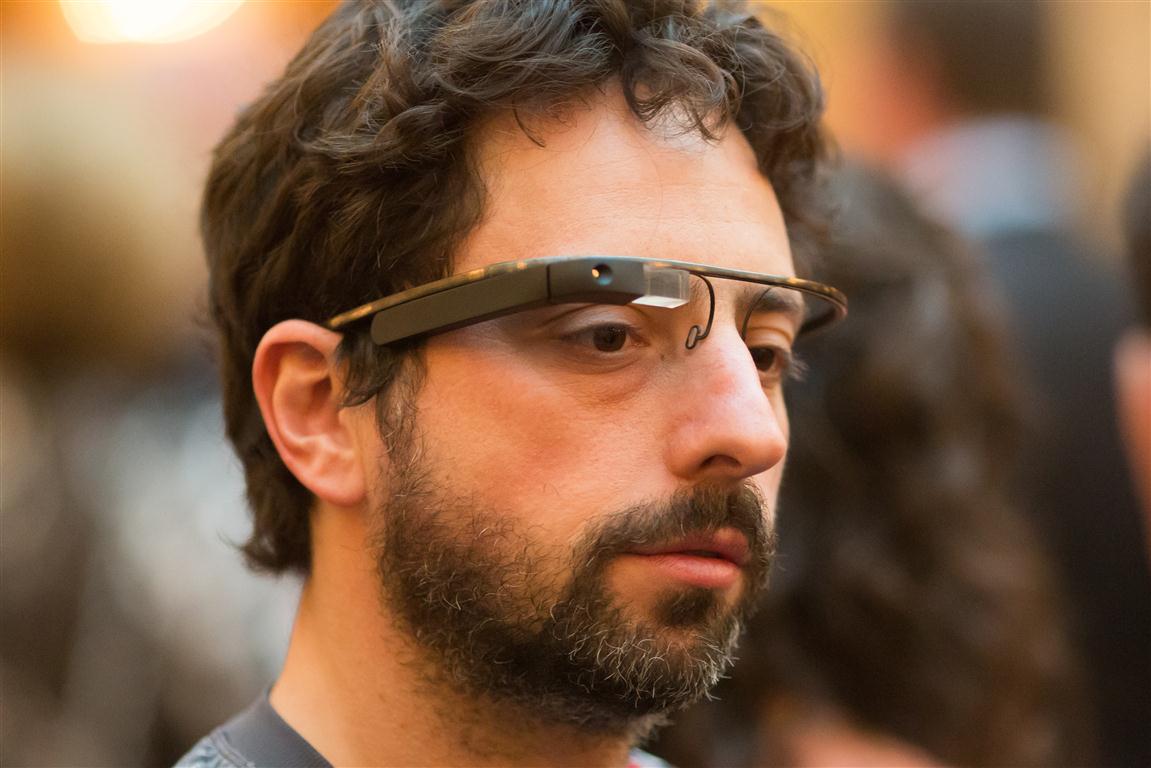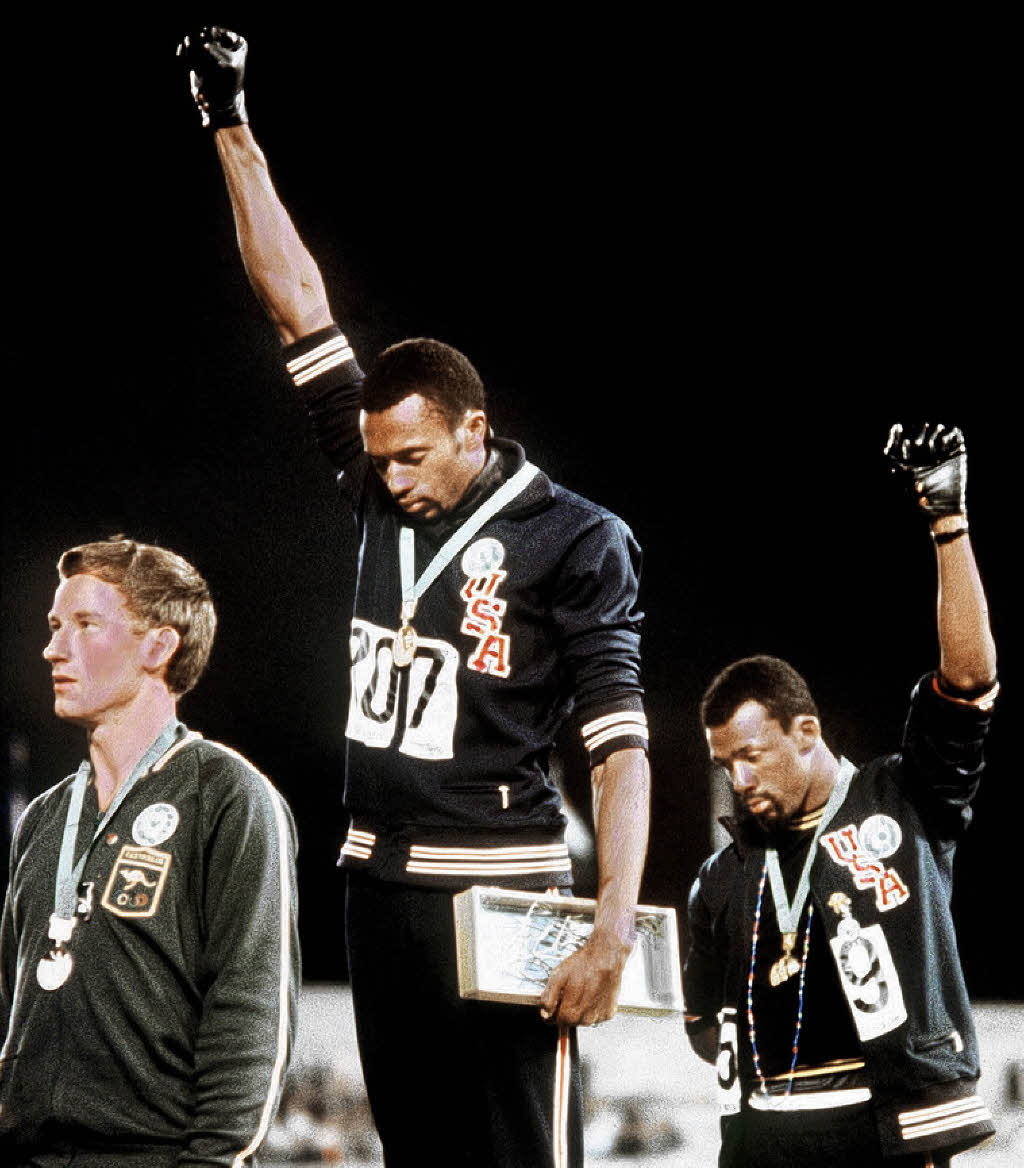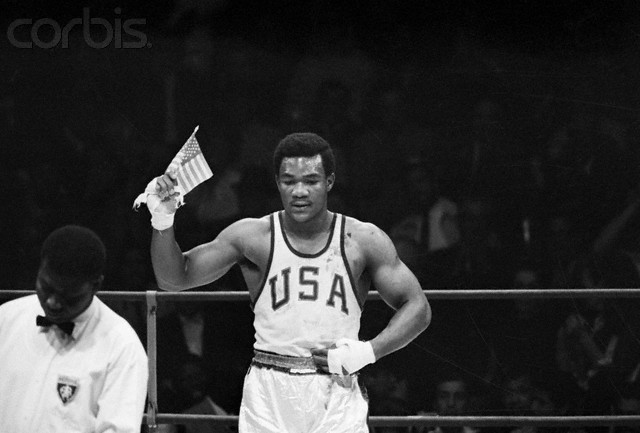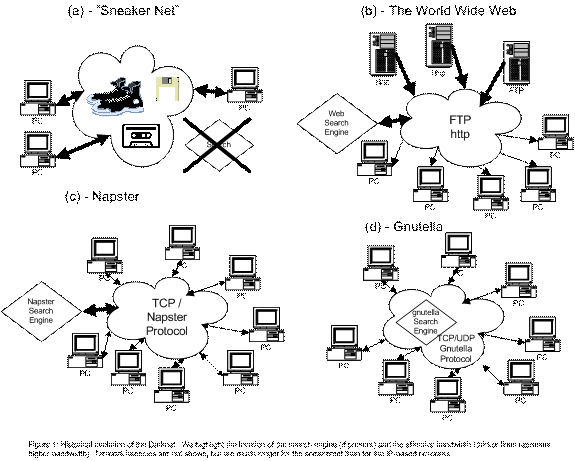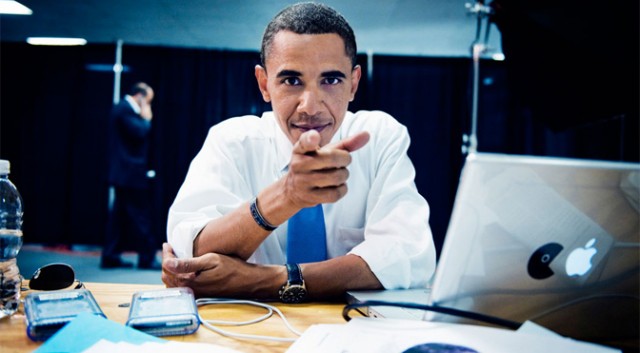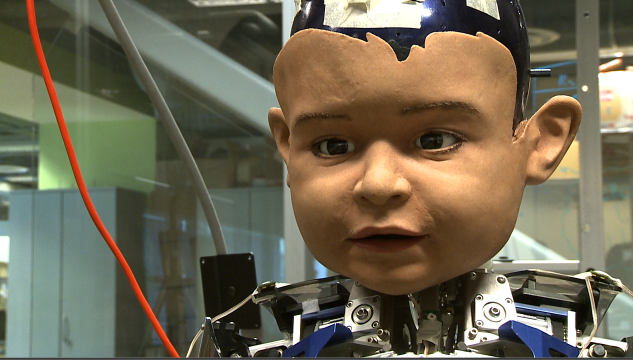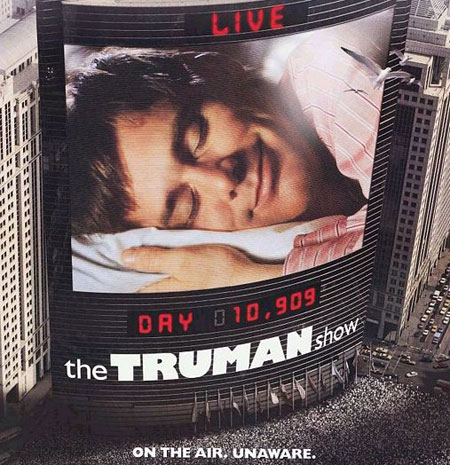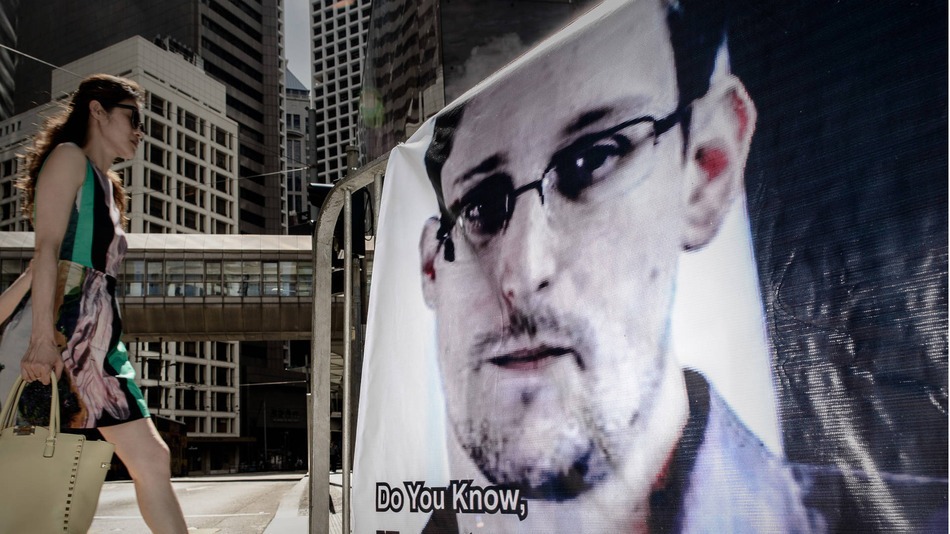We often measure the intelligence of animals based on how much they’re like humans or how closely they can follow tricks we try to teach them. But their talents are really Other and often amazing. They have superpowers we can only dream of. Via the ever-wonderful Browser, here’s an excerpt from “The Brains of Animals,” Amit Majmudar’s Kenyon Review post:
“There may come a time when we cease to regard animals as inferior, preliminary iterations of the human—with the human thought of as the pinnacle of evolution so far—and instead regard all forms of life as fugue-like elaborations of a single musical theme.
Animals are routinely superhuman in one way or another. They outstrip us in this or that perceptual or physical ability, and we think nothing of it. It is only our kind of superiority (in the use of tools, basically) that we select as the marker of ‘real’ superiority. A human being with an elephant’s hippocampus would end up like Funes the Memorious in the story by Borges; a human being with a dog’s olfactory bulb would become a Vermeer of scent, but his art would be lost on the rest of us, with our visually dominated brains. The poetry of the orcas is yet to be translated; I suspect that the whale sagas will have much more interesting things in them than the tablets and inscriptions of Sumer and Akkad.
If science should ever persuade people of this biological unity, it would be of far greater benefit to the species than penicillin or cardiopulmonary bypass; of far greater benefit to the planet than the piecemeal successes of environmental activism. We will have arrived, by study and reasoning, at the intuitive, mystical insights of poets.”




